Poland’s Temporary Ban on Ukrainian Agricultural Imports Proves That the Grain Deal Is a Scam
The ruling party’s political interests in the run-up to the next elections later this year took precedence over all else, hence why Poland didn’t care that this unilateral move inadvertently extended credence to the Kremlin’s criticism that the grain deal was a scam all along and never meant to help the Global South. It’s unimportant whether they’re ultimately pressured to reverse their temporary restrictions ahead of time or not since the cat’s out of the bag and the soft power damage has already been dealt.
The European Commission (EC) and Kiev are furious at Poland for temporarily banning Ukrainian agricultural imports this weekend in order to protect its domestic market and the interests of Polish farmers amid the deluge of products flooding into it from that neighboring former Soviet Republic. Hungary followed suit a day later, but it’s already been heavily criticized by those two so its move wasn’t anywhere near as significant as Poland’s, which is regarded as one of Ukraine’s top allies.
That aspiring Central & Eastern European (CEE) hegemon is also the US and NATO’s vanguard force for waging their ongoing proxy war on Russia through Ukraine so the symbolism of Poland unilaterally imposing sectoral restrictions in that country’s imports is extremely significant. In and of itself, this shows that ties between those two de facto confederation members aren’t as perfect as their leaders made them seem during Zelensky’s latest trip to Warsaw, but there’s more to it as well.
Keeping in mind Poland’s dual roles as the US’ most important European vassal nowadays and its status as Ukraine’s most reliable European patron, both of which decisively counteract any conspiracy theories about it being under “Russian influence”, there’s no longer any denying that the grain deal is a scam. The Kremlin has consistently criticized this agreement as a ruse intended to bolster the EU’s already enormous food stockpiles, but that was previously dismissed by the West as so-called “propaganda”.
Even Le Figaro’s recent report about CEE farmers’ rising unrest in the face of their national markets being flooded with cheap Ukrainian agricultural imports didn’t suffice for reshaping popular perceptions that Russia was supposedly to blame for these products not making it to the Global South as intended. Now, however, nobody can credibly claim that there aren’t serious problems with the grain deal after its exploitation by profit-driven Ukrainian farmers prompted Poland to temporarily ban all such imports.
There’s absolutely no way that this country is operating under “Russian influence” either as was earlier explained so it should be taken for granted that this was done to protect its objective national interests in the face of the newfound threat posed by the flood of Ukrainian agricultural products into its market. About that, Poland wants to preemptively avert rising anti-establishment sentiment in society that could pose a risk to the ruling party ahead of this fall’s general elections.
A growing number of Poles feel uncomfortable with their country hosting so many Ukrainians, which abruptly altered its post-World War II homogeneity, not to mention the unexpected financial costs associated with doing so that could otherwise be spent on improving its own citizens’ lives. Rising unrest among farmers threatened to create a populist cause around which these dissidents could rally, hence the need for Warsaw to urgently act as it did despite the consequences for its ties with the EC and Kiev.
The ruling party’s political interests in the run-up to the next elections later this year took precedence over all else, hence why Poland didn’t care that this unilateral move inadvertently extended credence to the Kremlin’s criticism that the grain deal was a scam all along and never meant to help the Global South. It’s unimportant whether they’re ultimately pressured to reverse their temporary restrictions ahead of time or not since the cat’s out of the bag and the soft power damage has already been dealt.
The Global South now knows for a fact that Kiev is responsible for Ukrainian grain failing to reach their countries, not Russia, and the Western public might now begin to wonder why they were lied to about the Kremlin’s alleged culpability in this respect too. The Mainstream Media’s campaign to manipulate perceptions about the grain deal represents one of the largest psychological operations of this proxy war thus far, which shows the lengths that they’ll go to propagate lies for the purpose of smearing Russia.

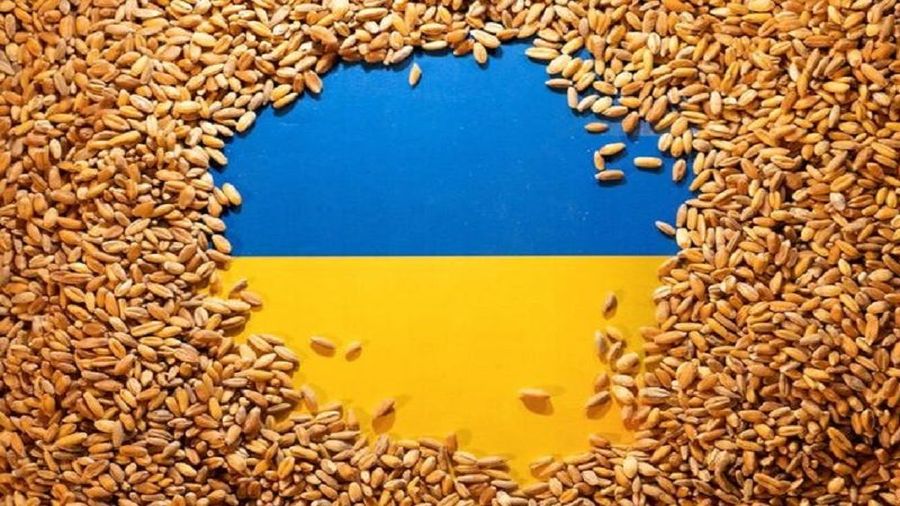

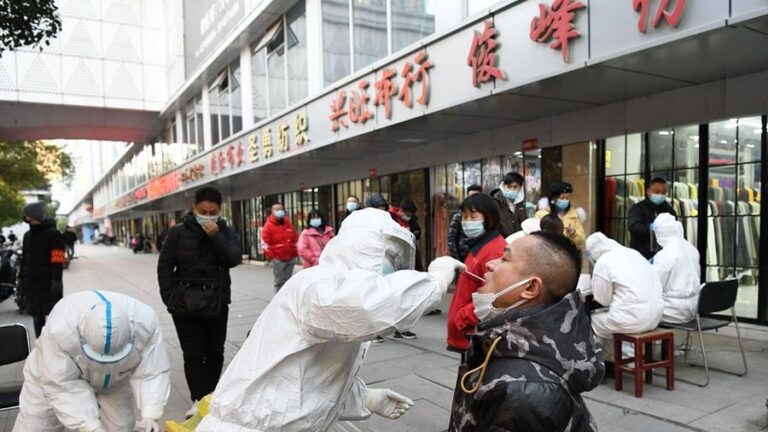
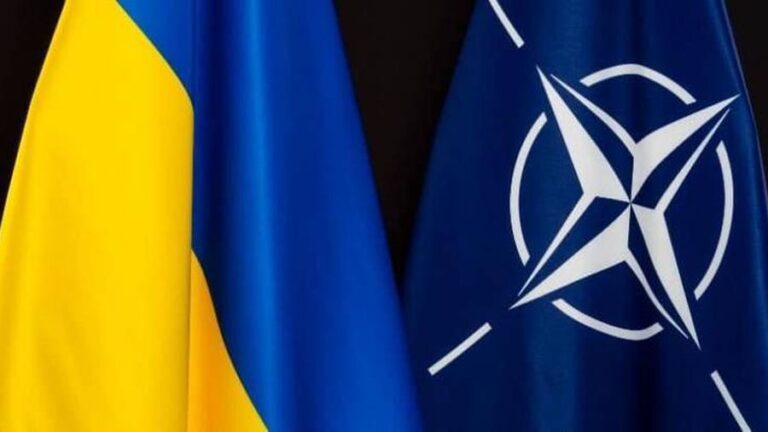

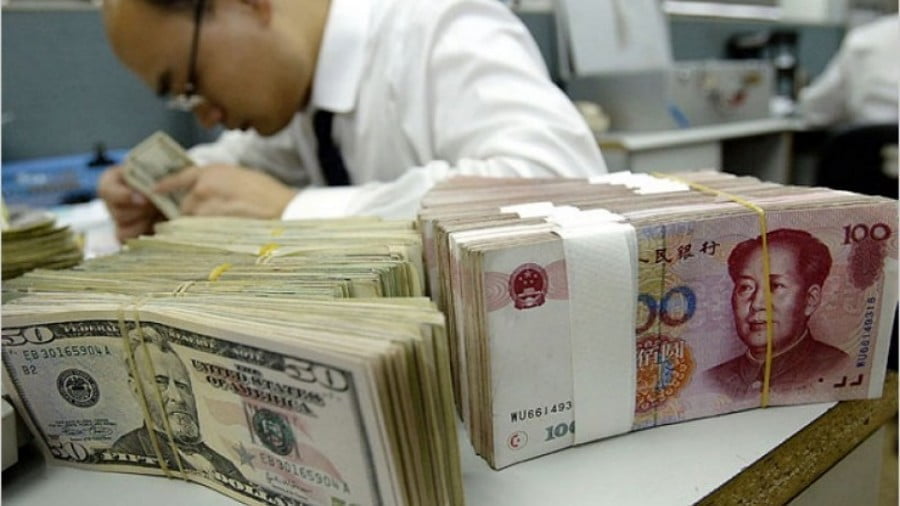
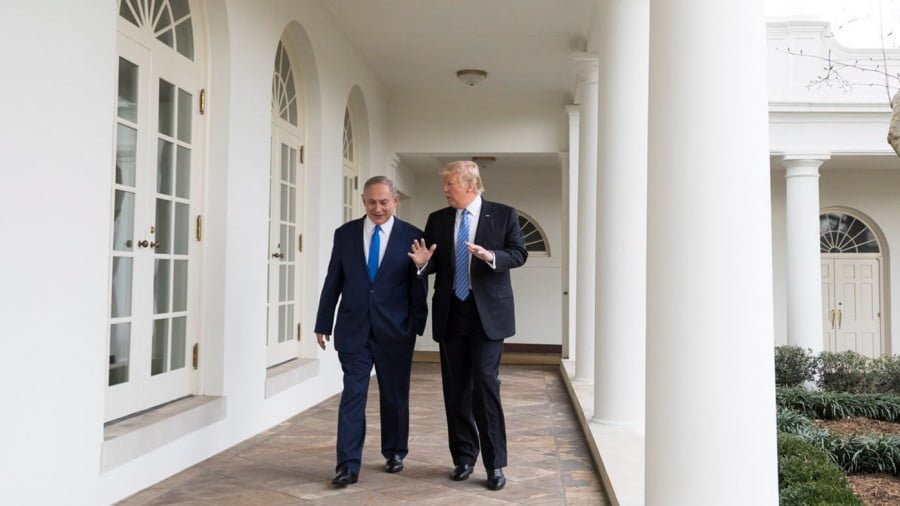
One Comment